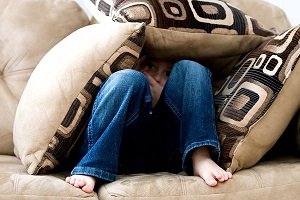How to Get Rid of Endogenous and Reactive depression
TweetEndogenous depression was the kind that came over one for no obvious reason, when, as far as one could recall, nothing had happened to make one depressed. Endogenous means 'coming from within' and such depression were thought to be due to biochemical changes within the body, although nobody was sure what triggered them.
There were also people who had phases of been manic or euphoric, after which they sank into a phase of deep depression. This was called manic depressive psychosis.
The way in which depressive illness is classified has been changed recently. In practice this is really only of interest to statistician and researchers, but you may know of someone, a friend or relative perhaps, who was given a particular diagnosis under the old system and wonder how that relates to a diagnosis that someone receives now.
Until very recently, depression was classified as either reactive or endogenous. Reactive depression was believed to have been caused by a particular event in a person's life. In other words, the sufferer became depressed as a reaction to things that had happened, such as redundancy, bereavement, serious illness, etc.

this topic was help me pretty much undertanding endogenous depression cause I had tried many many antidepressant. like celexa, serzone, prozac, paxil, wellbiutrin, lexapro, zoloft, buspar and nothing seeing to work but now I'am nortriptyline I stared it taking three days and I feel much much better now I thoght nothing will help me but thanks god and that medication nortriptyline. for how long a patien should take nortriptyline, can you let me know please thank you - wilson

Sometimes crying or laughing
are the only options left,
and laughing feels better right now.

Current Issue
 Self Help Leaflets Take the help of our self help leaflets or booklets. |
 The DG Magazine All about living with depression |


















